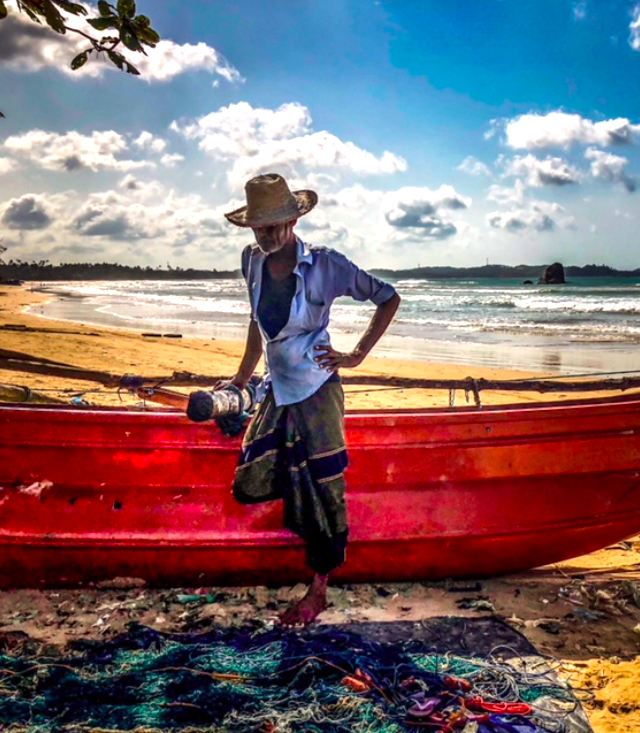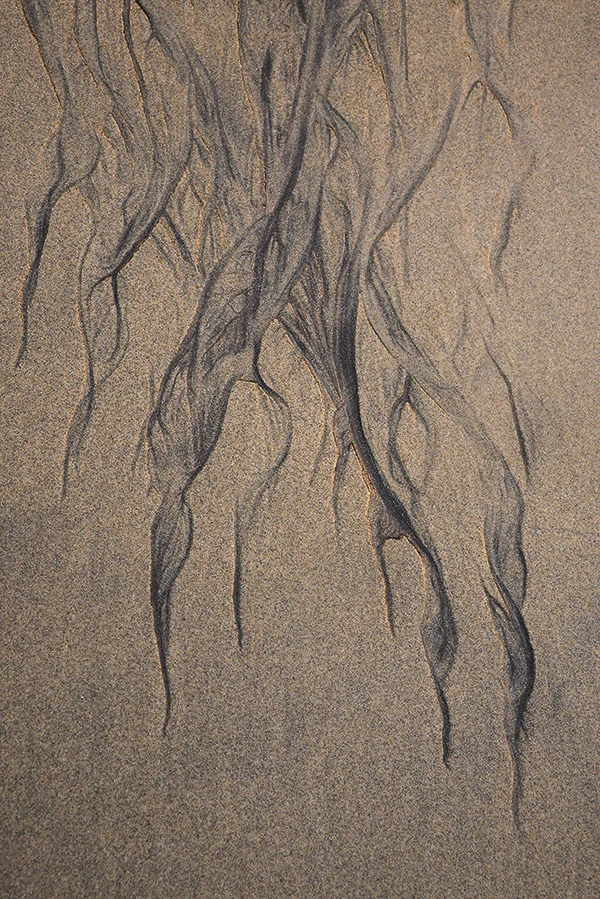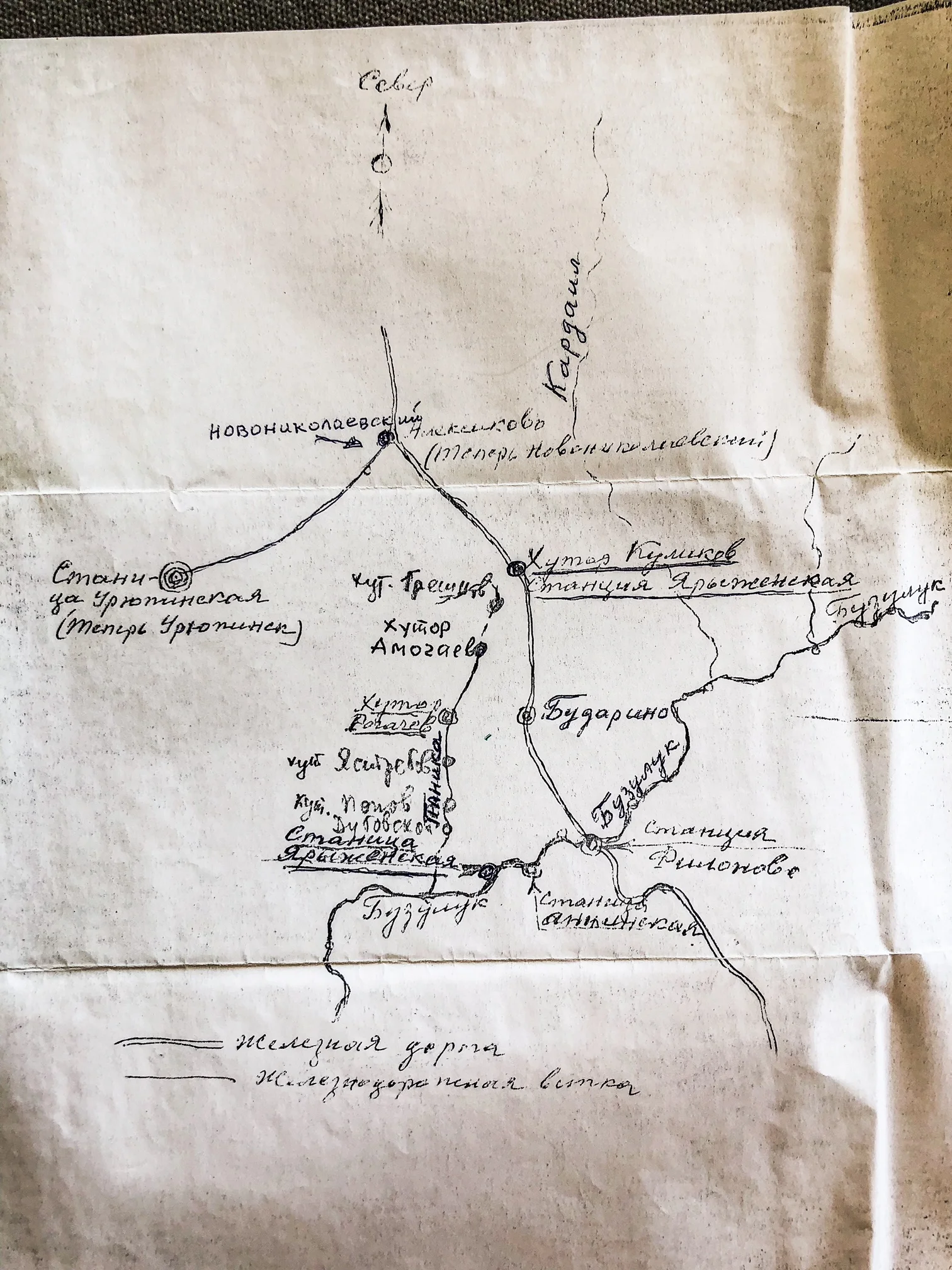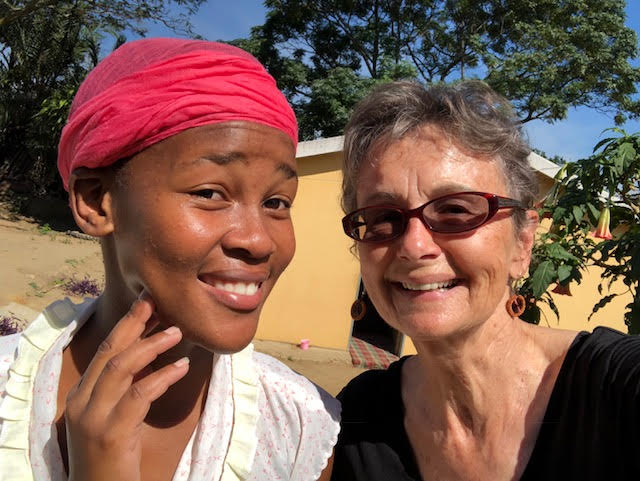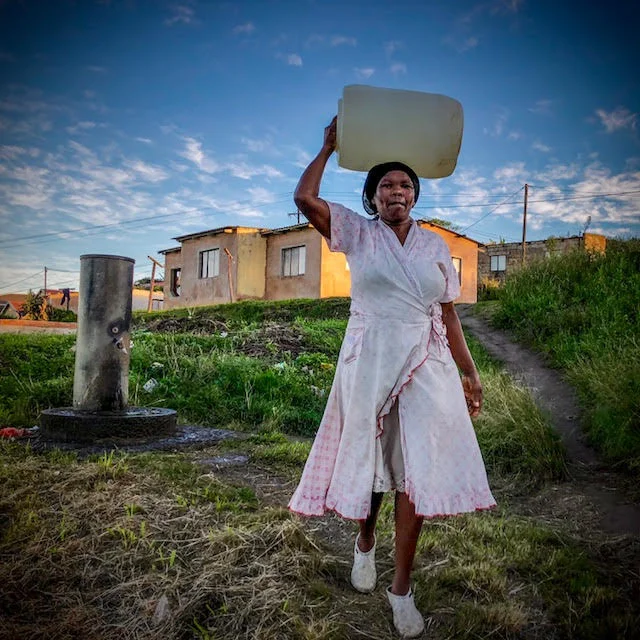Street food from home...
Returning to Vietnam after almost fifteen years feels like jumping off the diving board into the deep end of a pool.
At first, I was shocked at all the changes. Then, as I slowly drifted through, I felt the link between the past and the present. In the vibrance of the old city, they are truly merging.
One phenomenon is overwhelming throughout the country.
At the beginning of this millennium most people in Vietnam rode bicycles. In addition, there were around four million motorbikes. Today virtually every adult in the country owns a motorbike—there are over five million of them in the city of Hanoi alone.
As I walked the streets of Hanoi, trying to bring back old memories, instead I kept thinking about the contrast between two cities.
Easy to tell the tourists…
It would be fun to see a graph comparing the number of bicycles in Hanoi and San Francisco over time. I am quite confident that today there are far more bicycles in San Francisco. And it is not, as it is in Hanoi, the poor people who are on two wheels. It is ironic that while at home we try to reduce the number of carbon-emitting vehicles, their growth in developing countries is explosive.
The conical hat and the bicycle laden with goods are slowly joining the cyclos—the traditional three-wheeled taxis—as purely tourist attractions. Fortunately, street-food stands and house-front markets of all sorts persist in the old town. They are, however, getting squeezed out by chic coffee shops and boutique hotels.
It’s funny that people think San Francisco has changed incredibly over the last 15 years. You only need to go to Vietnam to realize that, in comparison, our pace of change at home is that of a snail crawling next to a leaping grasshopper.
Luckily there’s still a bike repair guy on every corner.







